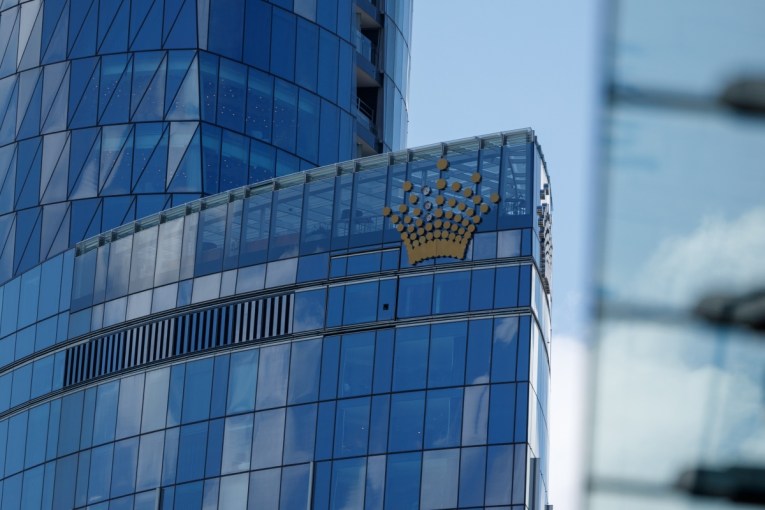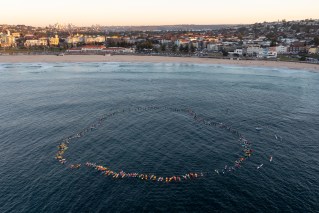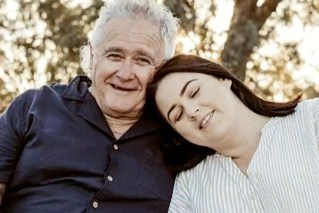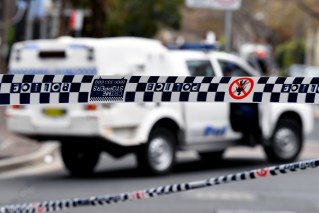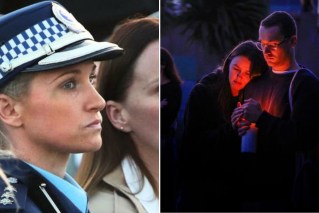Booze lockout working: doctors
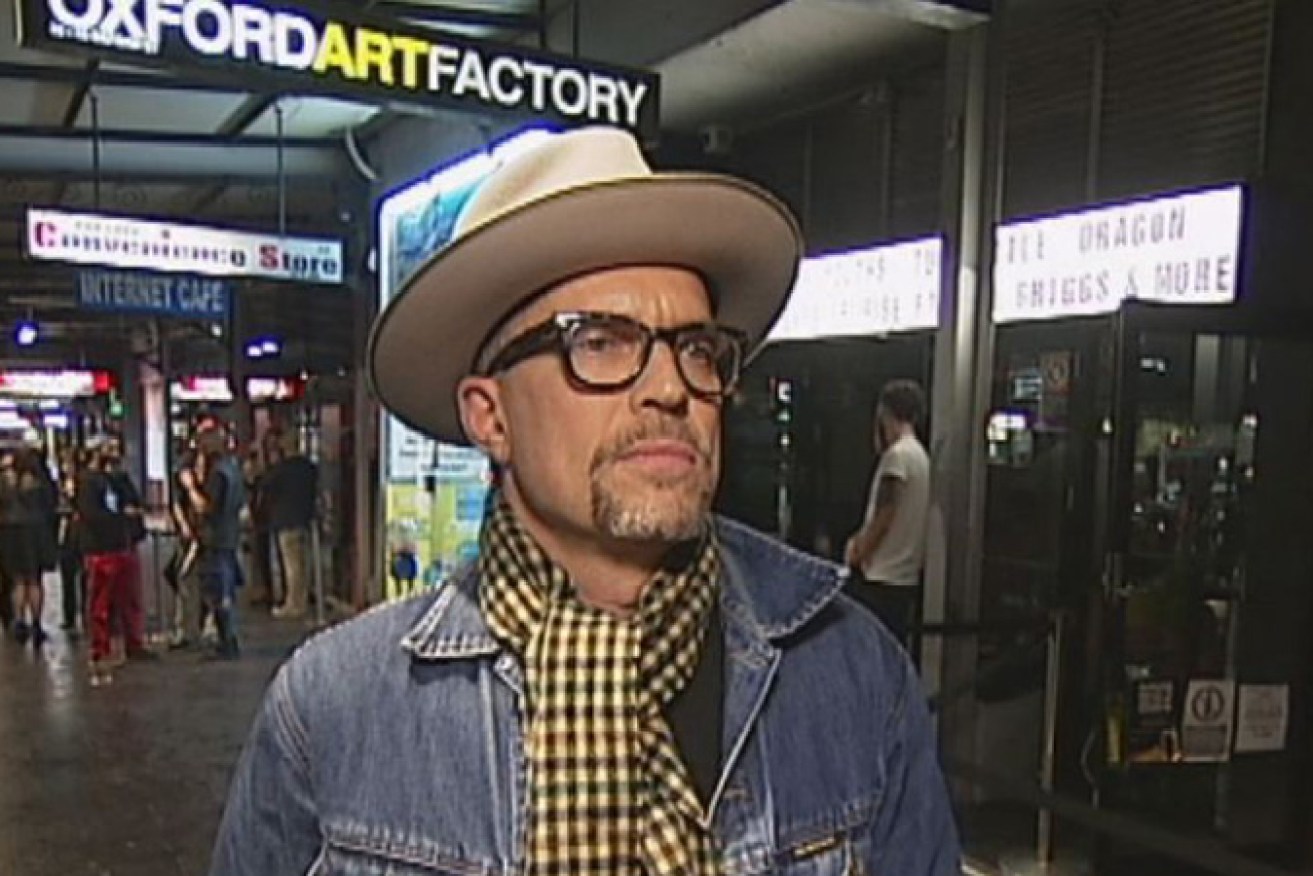
Lucy Carter/ABC
Sydney’s CBD lockout laws have reduced the number of violent attacks and injuries, but local businesses are suffering as people head to other areas to enjoy a night out on the town.
Six months after the introduction of new liquor licensing laws, which imposed a 1:30am lockout and 3am last-drinks call in some parts of central Sydney, the effects of the crackdown on late-night alcohol consumption were starting to emerge.
The laws cover the city’s hotspots including Kings Cross, Darlinghurst, Cockle Bay, The Rocks and Haymarket, and mean patrons who leave or were ejected from licensed premises after 1:30am are not allowed to re-enter.
• Victoria puts one-punch thugs on notice
• Booze bother: Are you drinking too much
• How we’d stop booze-fuelled violence: prominent Aussies
In addition, all takeaway alcohol sales after 10pm have been stopped across the state.
The laws were announced by the New South Wales Government after calls for action following the deaths of Daniel Christie and Thomas Kelly.
Both young men died after being punched in separate incidents in Kings Cross.
Health experts said the laws have had a clear positive impact in just six months.
However, businesses in the lockout zones said they were now struggling to make ends meet.
Outside the lockout zones, inner-city suburbs like Newtown, Redfern and Double Bay have seen increased late-night trade, and residents have raised concerns about seeing more anti-social behaviour in their areas.

Medical staff at St Vincents on a quiet Saturday night. Photo: AAP
Doctors report fewer alcohol-related injuries
Dr Tony Grabs has been the head of trauma at St Vincent’s Hospital in Darlinghurst for more than a decade.
He said there had been a profound difference in the emergency ward over the past six months.
“We’ve seen a fairly dramatic change in some of the presentations at our hospital and I think it’s really reflected on a Friday and a Saturday night,” Dr Grabs said.
“What our emergency doctors are telling us is that when they come in in the mornings there are not the numbers of people that are in the emergency department with blood on their face, who have been intoxicated, braces on their necks and that have had CT scans for head injuries.
“So there’s been a dramatic change in that since the time of the lockout.”
He said it was not just St Vincent’s seeing a difference, with other emergency rooms across the city experiencing a decline in alcohol-related injuries.
“I’ve spoken to people from other hospitals and I think that generally speaking some of the trauma numbers are down a little bit across the board,” he said.
“Certainly at St George Hospital there seems to be a little bit of a reduction.”
Dr Grabs has pushed for change to cut alcohol-fuelled violence for years, and said the lockout laws have had a positive impact on the city.
“Alcohol will always be a problem for hospitals and it goes to more than just the alcohol itself – it goes into road trauma, it goes into pedestrian trauma, it goes into domestic violence,” Dr Grabs said.
“But the senseless maiming of people out on our streets seems to be reduced and if that’s the first step we can take than it’s really, really good.”

Mark Gerber, owner of the Oxford Art Factory in Darlinghurst. Photo: Lucy Carter/ABC
Bar sales down, venue owner says
Since 2007, Mark Gerber has run the popular Oxford Art Factory music and art venue on Oxford Street in Darlinghurst.
He said the lockout laws have hit profits hard.
“We’ve seen a drop of about 13 to 15 per cent in gross sales,” Mr Gerber said.
“The impact on the staff obviously has been noticeable.
“We’ve had to cut back on hours for them and some of them have lost about 25 per cent of their usual income, security guards as well.
“Some of those security guards would have had a quarter of their hours cut back because I’ve got a 6am licence, but effectively after 3am there’s nothing going on anymore.”
Oxford Art Factory runs two stages for live music and one always has free entry.
Mr Gerber said the drop in bar profits was making it more expensive to put on bands and support the local music industry.
As the operator of a successful live music venue that entertains up to 5,000 people a week, Mr Gerber said he was offended that local businesses were not consulted before the laws were introduced.
“The lockout laws have told me as an operator that I’m not good enough at what I’m doing which I kind of took personally in a way,” he said.
“We’ve been doing a very good job and I’ve been trying my hardest for years to send out a message that art and culture can actually do some good for the community.
“It can actually eradicate some of the problems that people have got with over-drinking and binge drinking where the objective is purely just to get drunk.”
Next month, the NSW Bureau of Crime Statistics will release the first batch of quarterly data that has been gathered while the lockouts have been enforced.
It will examine incidents such as assaults inside and outside licensed venues, and will be the first real chance the NSW Government has to properly examine whether the lockout laws are having an impact on alcohol-fuelled violence.
ABC
